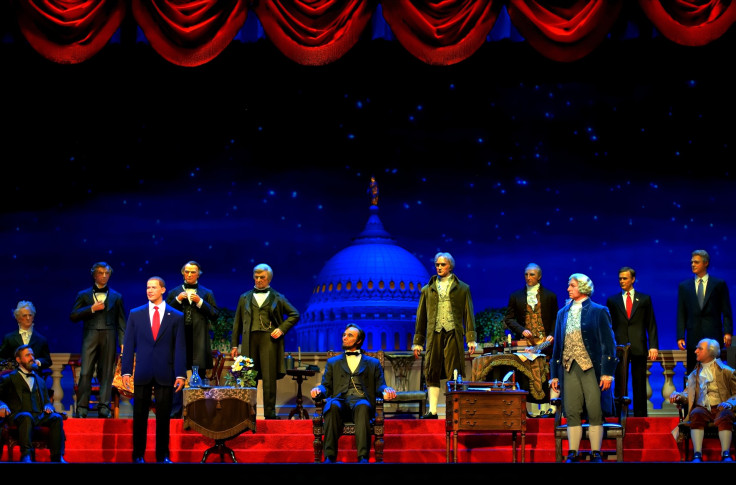Evolution May Influence Republican Candidates Decision-Making Skills

What do this year’s Republican presidential candidates and evolution have in common? Plenty, according to Michigan State University researcher and professor Arend Hintze. It would seem the political party’s 17 candidates gives them a competitive advantage, but the opposite may be true.
The research, published in Scientific Reports, says that the balance of competition is a very delicate one — some, but not too much competition is needed to optimally drive the evolution of decision-making strategies. "Competition has a unique relationship with our decision-making strategies as humans. Modest competition is a strong driver of good decision-making, but over-competition won't lead to the best outcome," Hintze said in a press release.
When examing the phenomenon himself, Hintze found that very strong competition (like that of the presidential candidate field) may cause humans to develop quick decision strategies that sacrifice accuracy in favor of speed. On the other hand, weaker competition allows humans to develop more thoughtful decision-making skills and do more research when seeking answers.
"More competition necessitates quicker, less accurate decisions," he said. "To prevent competitors from choosing first, we may rely on minimal information to make a decision. The downside of this strategy is the risk of ending up with the inferior option."
In a non-political environment, Hintze's study uses the example of hermit crabs. As the crabs grow, they constantly need newer, larger shells. In areas where the crab population is small, crabs carefully inspect potential new shells, trying them on before committing to a new one. More crabs, however, means more competition. Crustraceans growing in overpopulated areas tend to make snap decisions when they come across new shells. Some crabs even latch onto others before they shed their shells to lay claim to them.
Hintze found that the evolution of split-second decision making (even when the decision is not the most beneficial) is driven by excessive competition, which may translate to the 2016 presidential race in the form of people making quick-response decisions or reactions as candidates fight it out for media coverage. The high level of competition may cause candidates to comment on an issue without properly planning because they want to beat out their competitors. This drive is an adaptive result of evolution, according to Hintze.
"Making quick decisions in light of competition is not irrational," he said. "It's the sign of an evolved organism to know when to rely on a hunch, even though the hunch might not be the best choice."
Source: Hintze A, Phillips N, Hertwig R. The Janus Face of Darwinian Competition. Scientific Reports. 2015.



























